Phonemic Awareness: What, Why, and How?
Description:
This Knowledge Block will help untangle a bunch of “ph” terms associated with the Science of Reading and clarify the role of phonemic awareness in skilled reading. Participants will learn how to assess phonemic awareness and learn planning strategies and instructional approaches that can be used to teach phonemic awareness in face-to-face and virtual settings.
Who should take this Knowledge Block:
- K-5 educators
- Secondary educators who work with long-term developing readers
What you will learn:
- K-5 educators
- Secondary educators who work with long-term developing readers
What you will learn:
- The relationship between phonological awareness and phonemic awareness
- How phonemic awareness predicts future reading success
- Features of the 44-47 phonemes (speech sounds) in English
- How to give, score, and analyze a phonemic awareness diagnostic assessment
- A scaffolded instructional routine for teaching phonemic awareness skills
Materials provided:
- Phonemic awareness diagnostic assessment
- PDF handout of phonological awareness skills
- Virtual manipulatives for phonemic awareness instruction
- PDF of all slides in handout form
Certifications:
- Certificate of Completion
Phonemic Awareness: What, Why, and How?
$200.00
Phonemic awareness predicts future reading success. Participants will learn how to teach and assess phonemic awareness skills.
Additional Knowledge Blocks
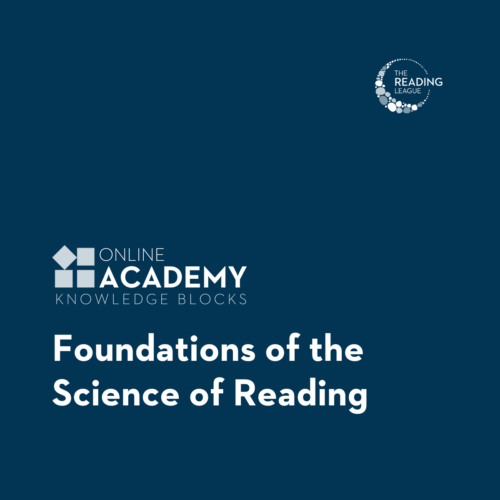
Foundations of the Science of Reading
The Science of Reading embodies over 40 years of research findings from multiple fields of study that shine a light on key fundamental principles of reading instruction. Participants will learn about three “anchors” that have emerged from this research.
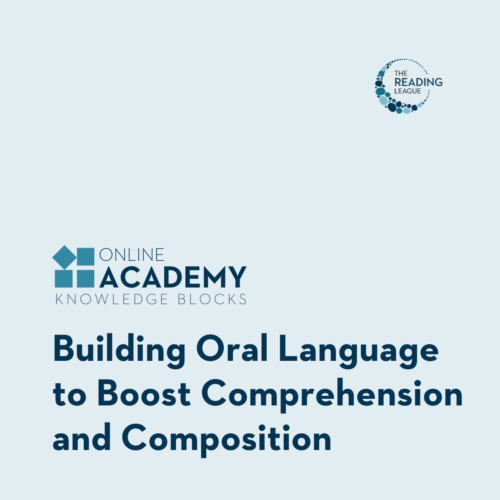
Building Oral Language to Boost Comprehension & Composition
Oral language is the foundation for future reading and writing tasks. Participants will learn how to integrate opportunities for oral language development in the classroom.
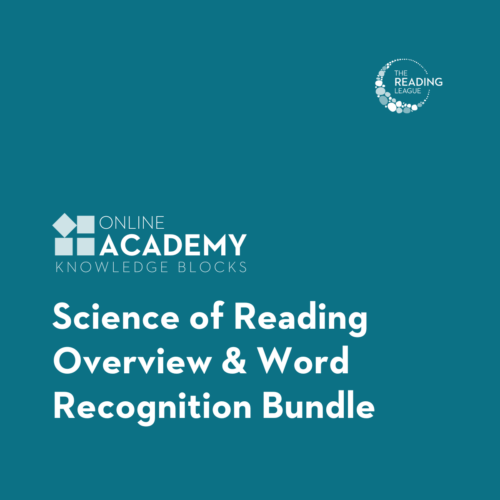
Science of Reading Overview & Word Recognition Bundle
Save $200 with this four session bundle! Perfect for anyone new to the science of reading or for anyone who wants to deepen their understanding of how skilled reading develops.
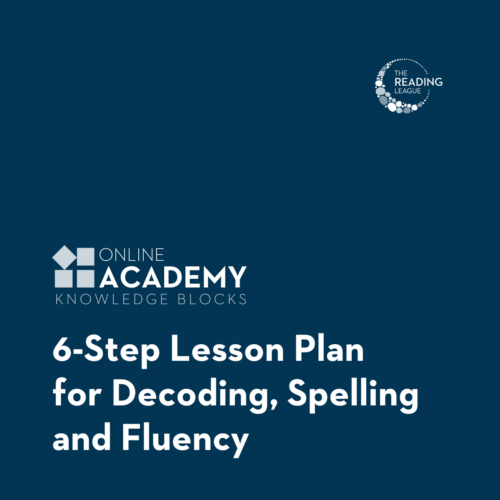
6-Step Lesson Plan for Decoding, Spelling, and Fluency
Participants will learn how to plan and implement engaging, evidence-aligned, 6-Step lessons to teach the phonemic and phonic skills necessary for efficient decoding, spelling, and fluency.
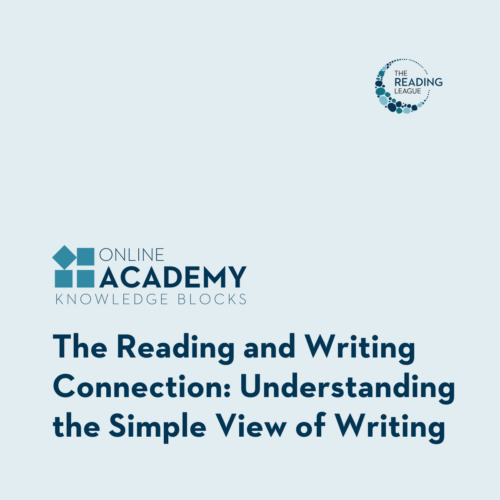
The Reading and Writing Connection: Understanding the Simple View of Writing
Two key factors contribute to skilled written expression. Participants will learn the subcomponents of these factors, with a particular emphasis on the importance of handwriting fluency.
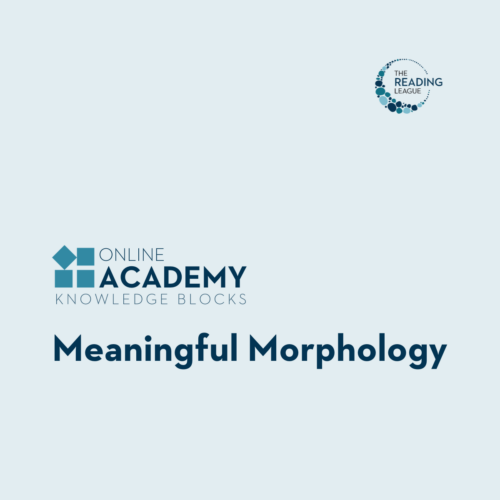
Meaningful Morphology
Knowledge of morphology provides insight into both the meaning and spelling of words. Participants will deepen their knowledge of morphology while also learning key features of morphological instruction in the classroom.
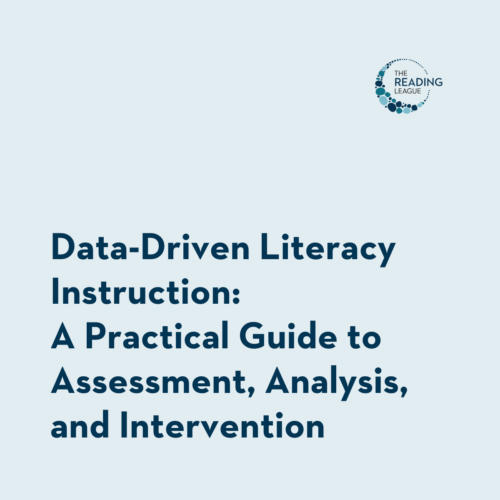
Data-Driven Literacy Instruction
This session provides a practical roadmap for using assessment to inform instruction and improve literacy outcomes.
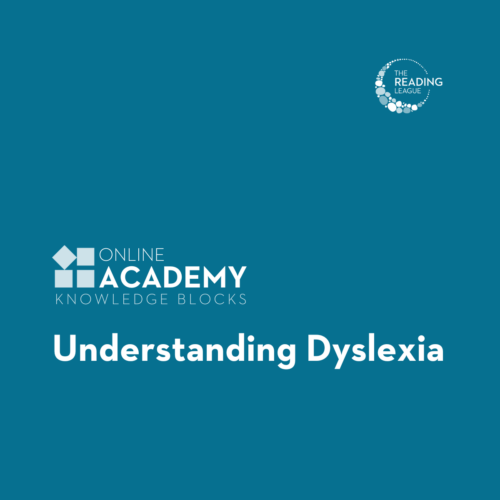
Understanding Dyslexia
There are many misconceptions about what dyslexia is and is not. Participants will learn critical indicators of dyslexia and the legal nuances of a dyslexia diagnosis in schools.
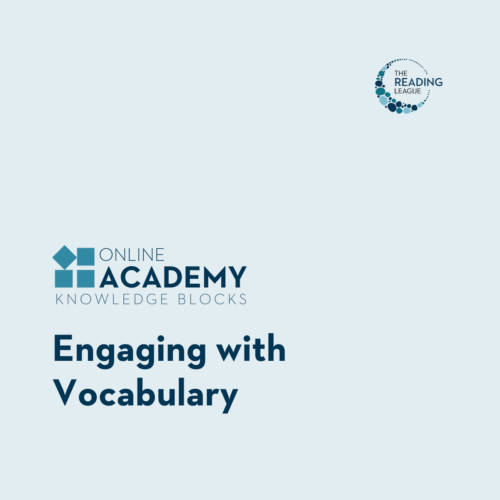
Engaging with Vocabulary
Participants will learn how to decide which vocabulary words to teach and a sample routine for explicit instruction.